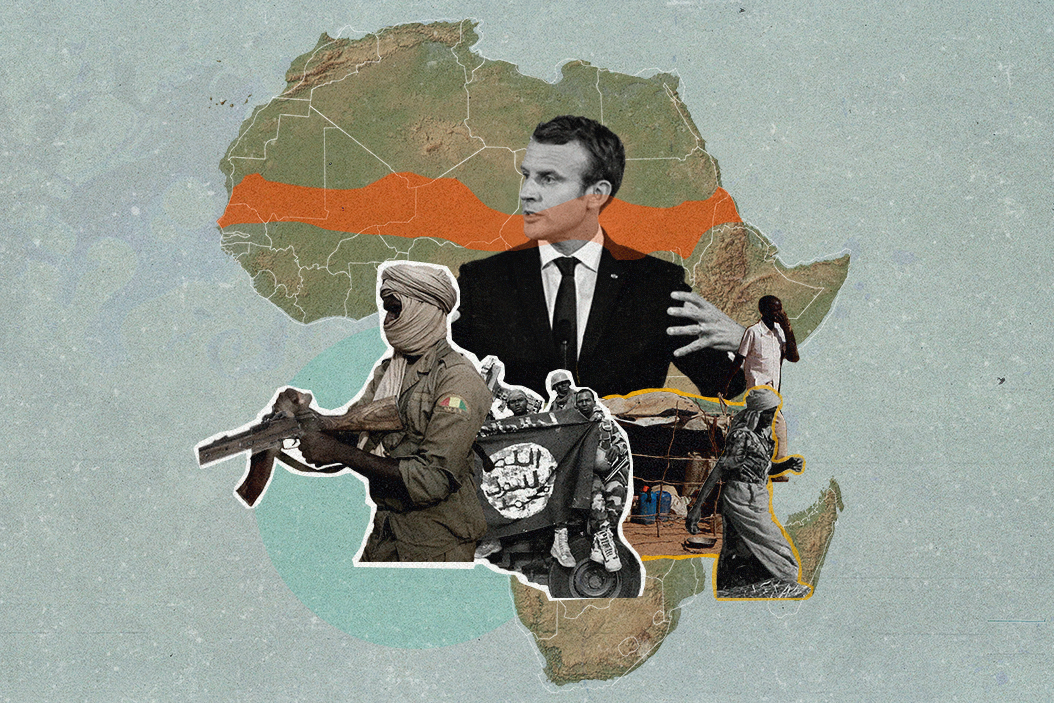Much of the media attention on the Munich Security Conference will focus, understandably, on the Russia-Ukraine standoff. But other important security questions will be discussed. Here are three of the most important.
The Balkans. Bosnia now faces its most worrisome threat since the end of the Yugoslav civil war in 1995. To keep warring factions apart, the peace agreement ending that war created a special enclave within Bosnia for ethnic Serbs. The leader of that enclave, Milorad Dodik, has threatened secession over a new law banning the denial of the genocide that Serbs inflicted on Bosnian Muslims during that conflict. A breakup of Bosnia could trigger a new war.
The Caucasus. Ukraine is not the only former Soviet Republic weighing the costs of war. Armenia and Azerbaijan have long been locked in a struggle over control of Nagorno-Karabakh, an enclave inside Azerbaijan that’s populated mainly by ethnic Armenians. In 2020, the frozen conflict turned hot, with Turkey and Russia becoming directly involved when hostilities erupted. Following major gains for Azerbaijan, the guns have gone silent, but a ceasefire has not brought confidence that peace can be kept, and the status of prisoners is making its way through international courts.
The Sahel. In some West African countries, the inability of governments to respond effectively to jihadist emergencies has frustrated both military leaders and civilians caught in the crossfire. One result of this instability is a series of recent coups that have toppled governments across the region. France, the former colonial power, has long been a major player in the Sahel. As part of a plan called Operation Barkhane, French troops have tried to lead a regional effort to quell the insurgency, but lack of success has left West Africans angry at Paris and French voters unhappy. As a result, France has pulled back, leaving the EU to debate how to manage a problem that is destabilizing an entire region – with blowback for European security.